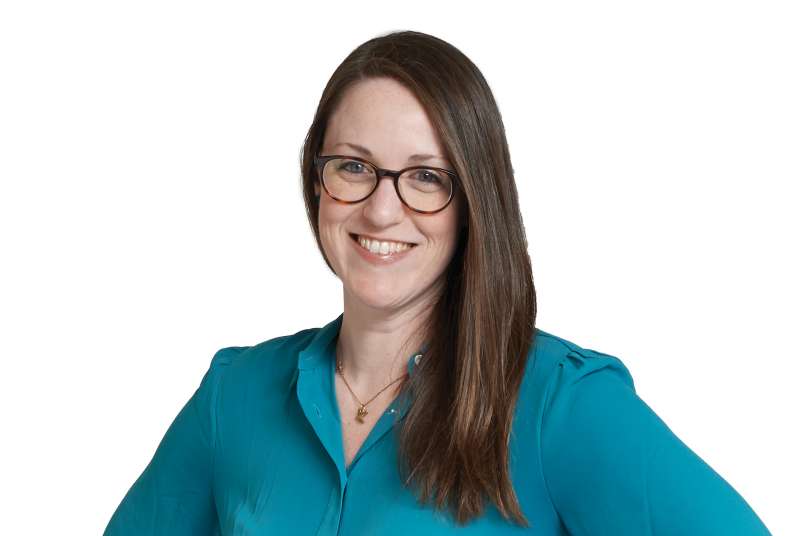
Caitlin Birch
What does a digital archivist do?
I work with things created within the last 50 years. I do digital forensics, which originated in law enforcement, to access files from formats that are no longer used. For example, I’m archiving a slam poet’s old floppy discs. I also archive Dartmouth websites. I regularly send out a crawler to capture versions of pages, such as the biology department website.
What do you do as an oral history archivist?
I bring material into the collection and teach students interviewing skills. The first project I worked on was about the Vietnam War. Now I’m working on the SpeakOut project.
What is SpeakOut?
DGALA [Dartmouth’s LGBTQIA+ Alumni Association] leadership realized that with the passing of some of their older members, they were losing their history as a community, so they partnered with us. We’re training students to conduct interviews. Our goal is to complete 150 interviews with alumni, faculty, and staff to learn about their experiences at Dartmouth and their life stories. For example, we’ve talked to people who are now involved in HIV/AIDS policy because of their experiences as gay students in the 1980s.
What makes this a good oral history project?
The College was not a welcoming place for the LGBTQIA+ community for a long time, and the archives ended up with a real gap. Recording stories in the voices of the people who lived them is a powerful form of documentation—to hear emotion and pauses, laughter and stumbles. Those things tell us something you can’t get from any other kind of documentation.
What advice do you give students?
I emphasize good interviewing skills, such as how to listen and how to return to important things in a conversation. Learning how to be quiet is a big one—our natural speech patterns involve interjecting all the time.
Will the interviews be publicly available?
They’ll be cataloged in the library, and we’ve built a SpeakOut website.
Photograph by John Sherman










